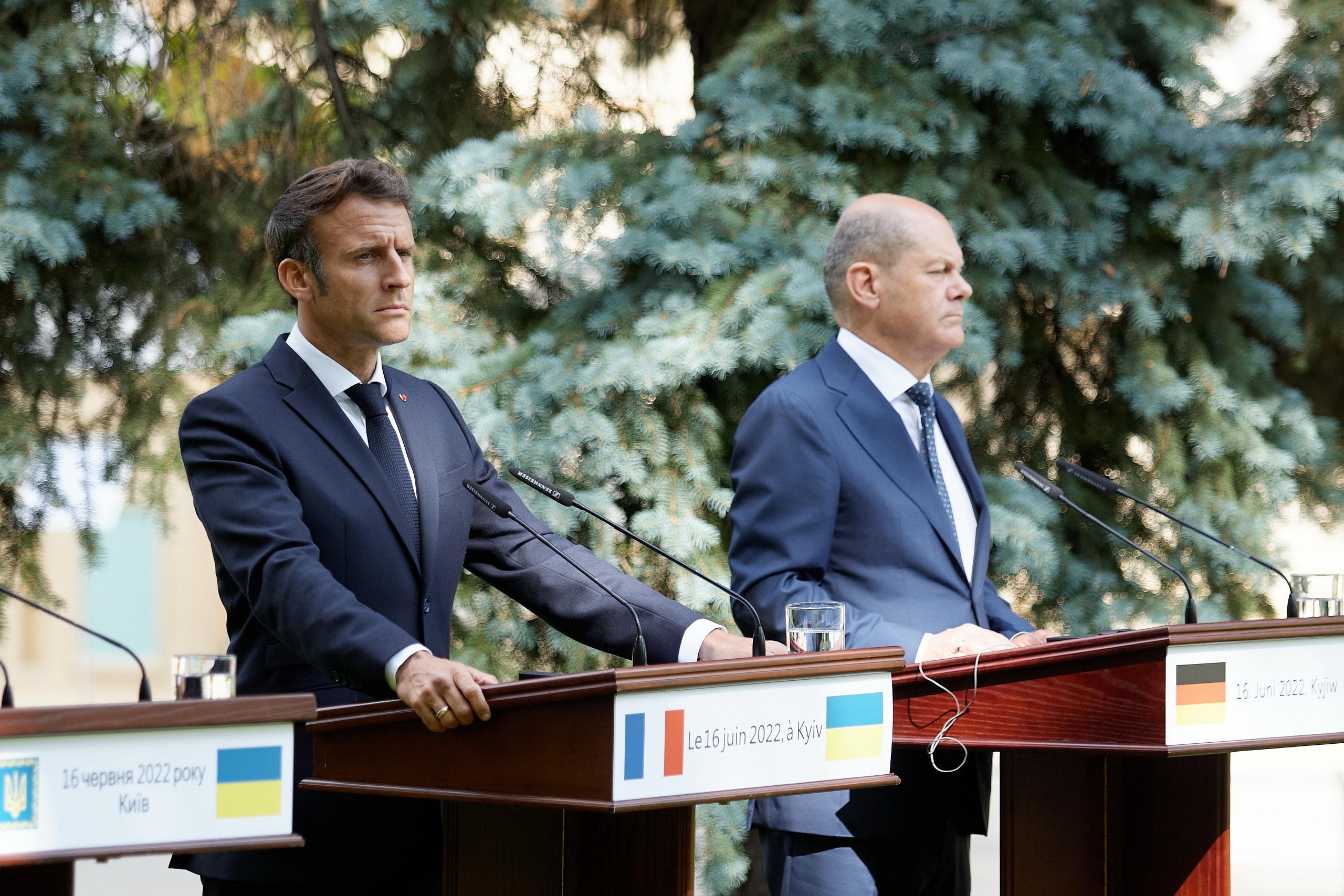Because France and Germany are hitting the counter on energy

No agreement on energy between European countries: France and Germany are firm on opposite positions. Here's what happened at the electricity market reform meeting
The energy ministers of the European Union met in Luxembourg to approve the reform of the electricity market (EMD, Electricity Market Design). But what was supposed to be an overall quiet reunion turned into a rodeo before it even started.
The proposal for Regulation 2023/0077 (COD) should, in its intention, try to solve some problems that occurred last year, when the volatility of short-term gas prices spilled over into the bills of businesses and households, causing disasters that everyone remembers. The idea, on paper, is to provide more information and more choice to consumers, greater price stability by encouraging the stipulation of long-term contracts and to stimulate investments in renewable sources.
The discussion first lengthened, then became an open confrontation and finally ended with a postponement to continue the discussion at the next Coreper, i.e. at ambassadorial level. In short, nothing done. There were three objects of dispute: the application of contracts for difference (CFD), the maintenance of the capacity payment to coal-fired plants and a ceiling on inframarginal revenues.
We explain.
WHAT ARE CONTRACTS FOR DIFFERENCE
CFDs are long-term contracts for large quantities between energy producers and sales companies or large consumer customers. A price is set which compares with the daily spot market and the monetary differences between the contractual fixed price and the spot price are exchanged. In the proposed Regulation, the producers affected by the mechanism will be the new renewable source plants, while the purchaser is the Member State, which by buying energy at a fixed price recognizes direct support to the producer (in fact it is an incentive). The positive differences collected by the State must then be redistributed to consumers.
France, with no small impudence, would like this mechanism to be extended to existing nuclear plants as well. Germany is strongly against it, as are its satellites, as this would discourage investment in renewables. A mediation proposal that only considered new nuclear investments was rejected indignantly by France.
WHAT IS CAPACITY PAYMENT
Moving on to the second issue, the capacity payment to coal-fired plants allows them to receive remuneration for remaining ready to produce at any time, in case it is necessary for the network manager to avoid blackouts. Sweden, EU president on duty for a few more days, presented a last-minute proposal to favor the lengthening of the subsidies linked to this mechanism. Poland is naturally in favour, but immediately met with a resounding no from Germany. The latter, along with its longtime allies, rejected the idea because it was "not compatible with the EU's climate protection objectives", as Economy and Climate Minister Robert Habeck told reporters before the start of the meeting itself. France, interested in nuclear CFDs, tactically supports Poland's position on coal.
THE ROOF ON RENEWABLE REVENUES
Finally, Portugal and Spain would like to structurally insert a ceiling on revenues from renewables in the event that prices rise beyond a certain level, to prevent extra margins and lower the average system price. A similar mechanism has already existed in Italy for over a year, but the new regulation would extend it to the whole Union. It seems that little has been said about this, since the other two topics are more meaningful.
THE AGREEMENT THAT THERE ISN'T
At the end of the long day of discussions, dark faces and acknowledgment of deep divisions. There is agreement on the part of the text that concerns consumer rights, but not on CFDs or on the capacity payment for coal.
Last Friday, Coreper had given the green light to another Green deal piece, the new directive on renewable sources (RED III). The agreement envisages reaching 2030 with a share of 42.5% of renewable energy in relation to the total final consumption of electricity. Another "ambitious" goal is added to the collection. Approval of the directive had been blocked by France, which requested that even hydrogen produced with nuclear sources be considered as having low CO2 emissions, on a par with that produced with renewable sources. The red line drawn by France led to discussions and discontent, until just Friday the Commission issued a communication in which it "recognizes that other sources of energy without fossil fuels, in addition to renewable energies, contribute to the achievement of climate neutrality, for the members who choose to rely on such sources". An convoluted phrase that saves nuclear energy without mentioning it and that has satisfied France.
THE EUROPEAN COURT OF AUDITORS FORESEES A FLOP ON BATTERIES
Meanwhile, the European Court of Auditors has released a study in which it clarifies that the European run-up to batteries risks becoming an epochal flop, given the European dependence from abroad for too many critical materials , indispensable for these technologies. Even the gray accountants based in Luxembourg have noticed how short of breath European industrial policy is. We'll see if someone in Brussels will profess realism.
This is a machine translation from Italian language of a post published on Start Magazine at the URL https://www.startmag.it/energia/scontro-francia-germania-riforma-mercato-elettrico/ on Sat, 24 Jun 2023 05:17:45 +0000.
